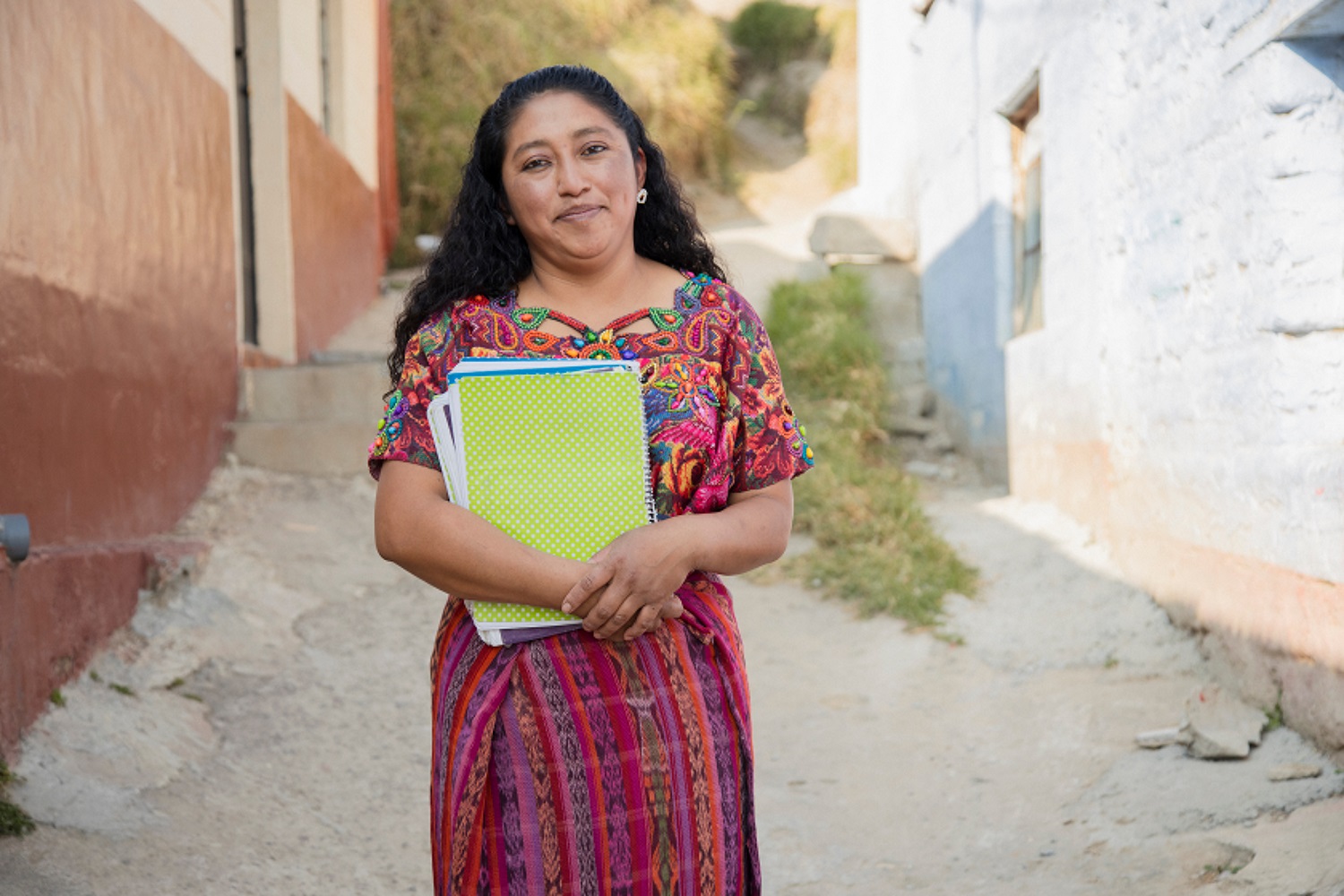Recommended

Blog Post

Blog Post
Can at-scale, government-implemented parent training programs improve parenting practices and child development outcomes? This paper presents evidence on the effects of a low-cost, group-based early childhood education program that provided parent training and direct child stimulation in rural communities in six Mexican states. Despite limited take-up, the program had positive impacts on observed parent behaviors in its first year. An index of observed parenting behaviors increased by 0.20 standard deviations, with larger effects (0.32 standard deviations) for parents of the youngest children (ages 0-35 months). An index of impacts on child development showed no statistically significantly effects, but certain aspects of child development showed suggestive evidence of positive impacts in the first year. For both parenting practices and child development, effect sizes were smaller and not statistically significant in the second year. The fade-out of effects is consistent with existing literature on parenting programs. Impacts of the program on child development were not significantly different for girls versus boys or for younger versus older children. These results suggest that parent training can be implemented at low cost, although design changes to improve implementation and take-up would likely be needed to generate sustained impacts on parenting practices.
¿Pueden los programas de capacitación parental implementados por el gobierno a gran escala mejorar las prácticas de crianza y los resultados en el desarrollo infantil? Este documento presenta evidencia sobre los efectos de un programa grupal de educación temprana de bajo costo que proporcionó capacitación parental y estimulación directa a niños en comunidades rurales en seis estados mexicanos. A pesar de la limitada adopción, el programa tuvo impactos positivos en las conductas observadas de los padres en su primer año. Un índice de conductas de crianza observadas aumentó en 0.20 desviaciones estándar, con efectos mayores (0.32 desviaciones estándar) para padres de niños más pequeños (de 0 a 35 meses). Un índice de impactos en el desarrollo infantil no mostró efectos estadísticamente significativos, pero ciertos aspectos del desarrollo infantil mostraron evidencia sugestiva de impactos positivos en el primer año. Tanto para las prácticas de crianza como para el desarrollo infantil, los tamaños de los efectos fueron menores y no estadísticamente significativos en el segundo año. La disminución de los efectos es consistente con la literatura existente sobre programas de crianza. Los impactos del programa en el desarrollo infantil no fueron significativamente diferentes para niñas versus niños o para niños más jóvenes versus mayores. Estos resultados sugieren que la capacitación parental puede implementarse a bajo costo, aunque serían necesarios cambios de diseño para mejorar la implementación y adopción y así generar impactos sostenidos en las prácticas de crianza.
This article has been accepted for publication in the Journal of Research in Childhood Education, published by Taylor & Francis.
Rights & Permissions
You may use and disseminate CGD’s publications under these conditions.
Image credit for social media/web: Adobe Stock






